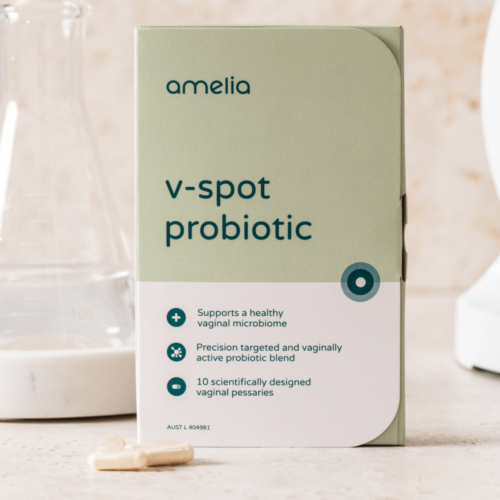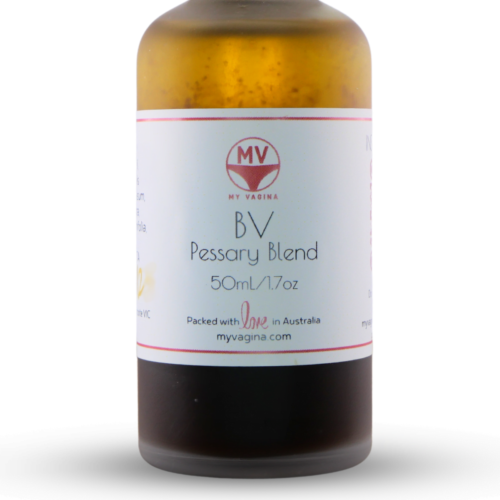Anorectal cancer means cancer in the area of your digestive system where faeces exits your body, the rectum and/or the anus. There are a few different types, but the most common type is an adenocarcinoma.
Who gets anorectal cancer?
Anyone (men or women) with human papillomavirus (HPV) is at risk, which means anyone having sex with anyone with HPV – man or woman or anyone in between.1,2
We can all catch HPV, and pass it along. Those with chronic fistulas are also at risk, but irradiated skin, lymphogranuloma venereum (the ‘other’ chlamydia), and those with genital warts.
Anyone having anal sex is at an increased risk. Anorectal cancer is hard to screen for, since the presentation varies somewhat between cancer types.
Symptoms of anorectal cancer
- Bleeding when defecating
- Possible pain when defecating
- A sensation of incomplete evacuation
- Wanting to defecate more often or with a sense of urgency
- Rectal mass
Treatment for anorectal cancer
Removing the cancer surgically, plus a combination of radiotherapy and chemotherapy, is often advised, with good cure rates for several forms of anorectal cancer.3
Anorectal cancer can result in the removal of all or part of the lower colon, rectum, vaginal wall, ovaries, bladder, cervix or lymph nodes.
Complete removal of all pelvic organs in a procedure known as a pelvic exenteration is rare.
References
- 1.Mix J, Saraiya M, Lynch C, et al. Comparing Human Papillomavirus Prevalence in Rectal and Anal Cancer Using US Cancer Registries, 2014-2015. J Registry Manag. 2019;46(4):128-132. https://www.ncbi.nlm.nih.gov/pubmed/32822337
- 2.Elnaggar JH, Huynh VO, Lin D, et al. HPV-related anal cancer is associated with changes in the anorectal microbiome during cancer development. Front Immunol. Published online March 29, 2023. doi:10.3389/fimmu.2023.1051431
- 3.Niemeläinen S, Huhtala H, Ehrlich A, Kössi J, Jämsen E, Hyöty M. Surgical and functional outcomes and survival following Colon Cancer surgery in the aged: a study protocol for a prospective, observational multicentre study. BMC Cancer. Published online June 14, 2021. doi:10.1186/s12885-021-08454-8
Specially formulated probiotic for vaginal application to promote a healthy vaginal microbiome.
Unique, comprehensive BV, AV and 'mystery bad vag' treatment guide, one-of-a-kind system, with effective, innovative treatments.





